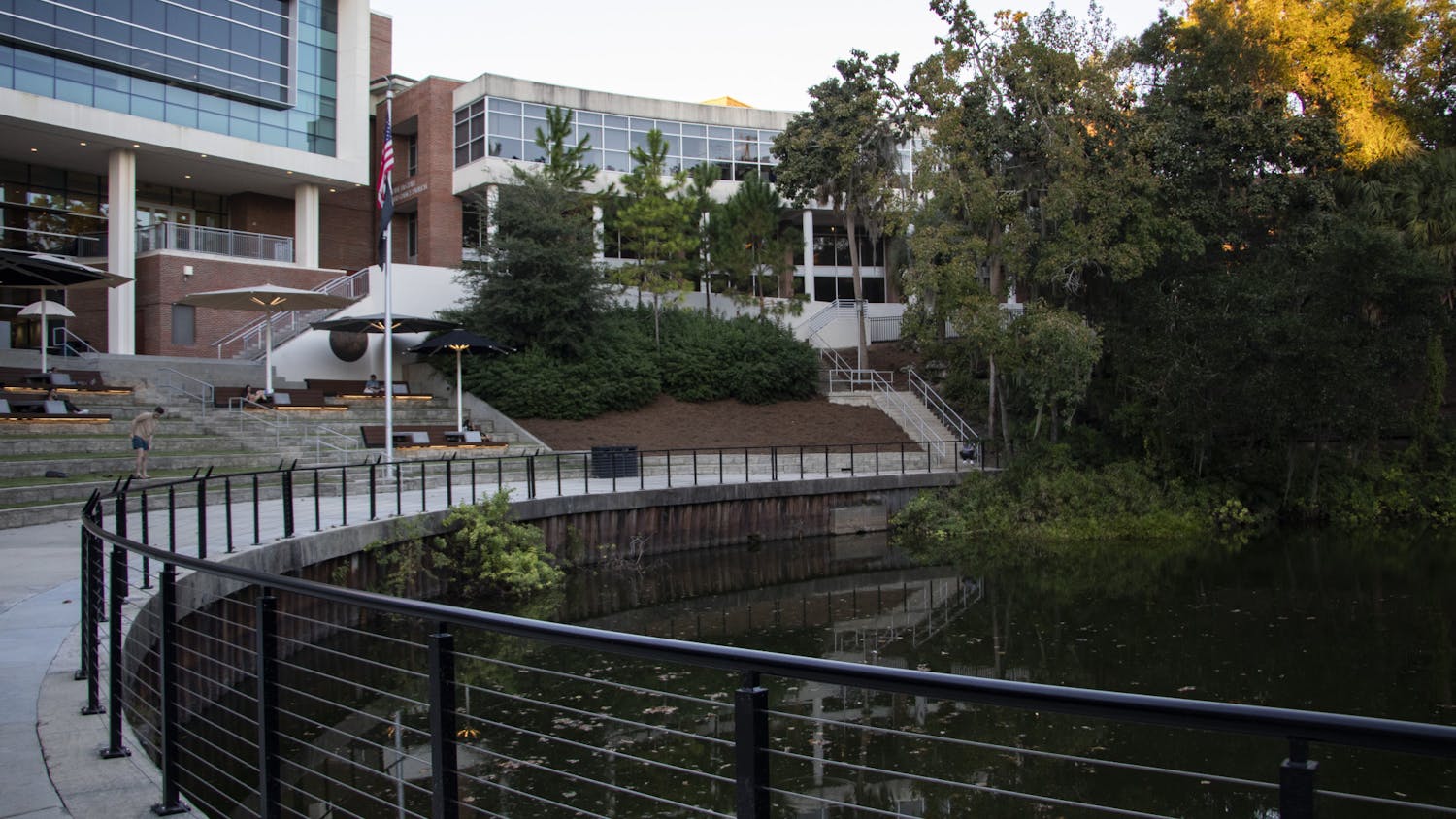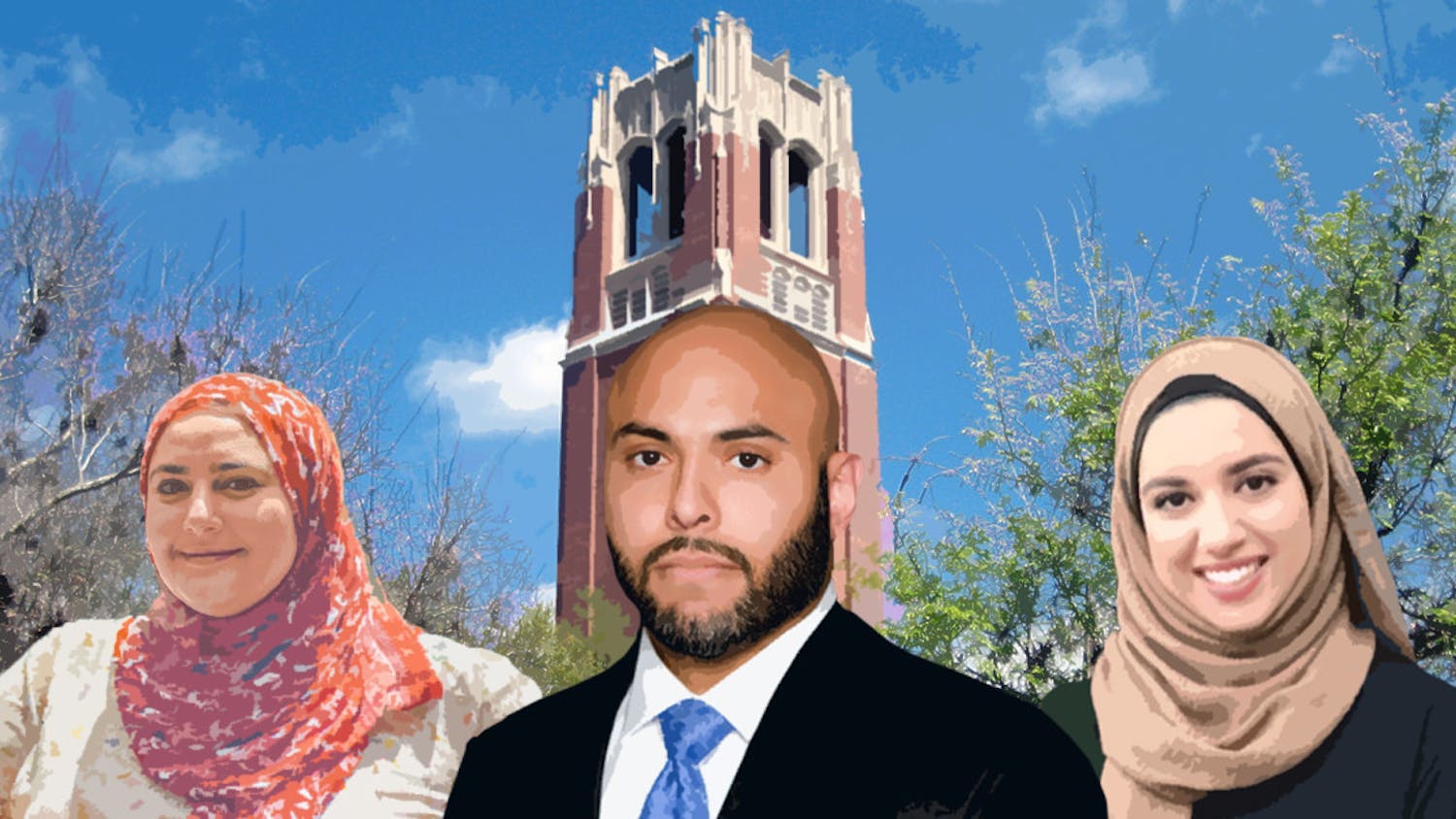Do you ever wonder if Big Brother is watching you? Well, depending on your religious affiliation, he might be.
A new report from The Associated Press found that the New York City Police Department monitored Muslim student associations at colleges around the Northeast.
Paul Browne, spokesman for the NYPD, said that from 2006 to 2007, the department monitored and collected publicly available information from Muslim student websites and forums.
But the NYPD also partnered with the CIA to create a secret program that monitored the activities of Muslims from shopping to eating to worshiping. The police also had undercover officers at Muslim student associations in multiple colleges within city limits.
One officer went undercover on a whitewater rafting trip in April of 2008 with 18 Muslim students, some of whom were officers of the MSA from City College in New York. In the report, the officer described everything from subjects of conversation to how many times they prayed each day.
According to the AP, undercover officers were placed in MSAs at colleges within the New York City limits. Another report from 2006 indicates that the NYPD's Cyber Intelligence unit monitored the online activity of MSA students from Yale, Columbia, the University of Pennsylvania, Syracuse, New York University and the Newark and New Brunswick campuses of Rutgers, among many others.
When asked about the surveillance, Browne gave reporters a list of 12 people that were former members of MSAs who were arrested or convicted on terrorism charges.
Given the long list of colleges that were part of this monitoring program, one has to wonder whether the arrests of 12 people constitutes such a blatant violation of privacy.
People should not have to worry that joining a belief-based organization will put them on a "watch list." If the mission statements of these organizations promoted violent behavior or ideas, then there might be probable cause to investigate their activities.
However, these MSAs are likely based on shared religious beliefs only. Now, students who hold any minority religious or political beliefs might be afraid to join groups with like-minded individuals for fear they will be monitored by authorities.
Yes, radical Islam does present a threat to the security of the United States. But the constant surveillance of anyone involved in Muslim organizations goes way beyond any rational attempt to keep us safe.
If anything, these actions make authorities look like they are actively seeking to discriminate against Muslims, giving radicals even more tools for recruitment.
We should all be able to peacefully assemble without the fear of being watched.





